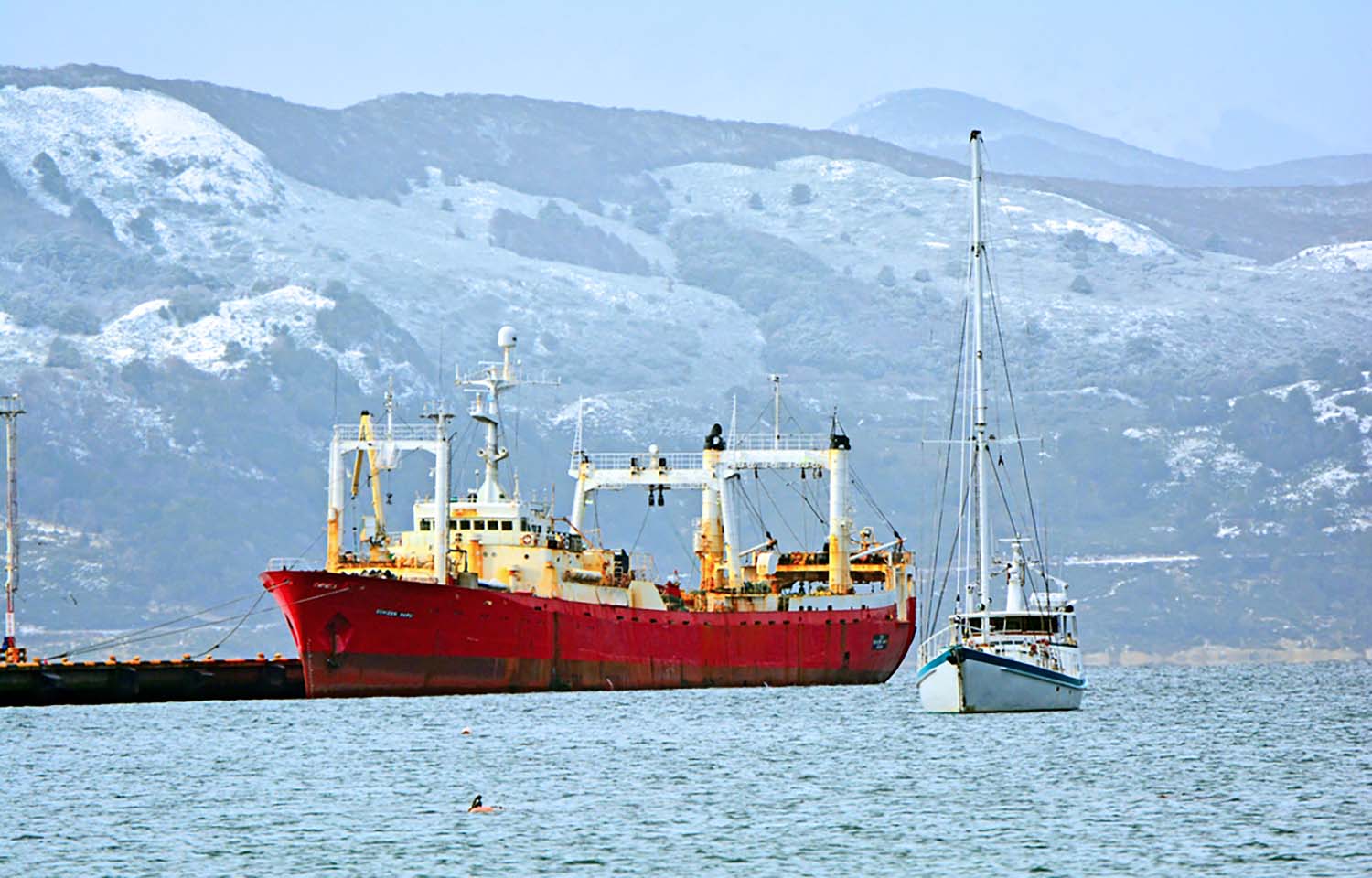CeDePesca, a Buenos Aires, Argentina-headquartered NGO that aims to help fisheries in Latin America work toward implementing more sustainable practices, has raised concerns over the sustainability of Argentina’s fisheries sector.
One of the main reasons CeDePesca has sounded the alarm is that the national government has recently implemented deep cuts to the country’s public sector.
Argentine President Javier Milei took office in December 2023, promising to privatize many state-run sectors and apply “a chainsaw” to public spending in an attempt to bring the country’s rampant inflation and high public expenditures under control.
In the first three months of 2024, Milei’s efforts seem to have taken effect. Argentina had a positive fiscal balance equivalent to 0.2 percent of GDP in Q1 2024, complemented by a favorable trade balance. The Central Bank's reserves, meanwhile, increased by USD 6.5 billion (EUR 6.1 billion), putting the country on track to meet the goals it agreed upon with the International Monetary Fund to reach a primary surplus equivalent to 2 percent of GDP.
However, the cuts have resulted in heavy layoffs at government institutions. Specifically, CeDePesca decried massive layoffs at the Undersecretariat of Fisheries and the National Fisheries Research and Development Institute (INIDEP), where over 30 scientific, technical, and administrative personnel did not have their contracts renewed.
Public management has been key to fisheries recovery and sustainability in Argentina, according to CeDePesca, which now worries that both of those goals will quickly fall to the wayside without the proper personnel in place.
“If the research system that provides key information for the adoption of decisions on permissible catches is relaxed and the system of surveillance, control, enforcement of regulations, and sanctions is relaxed, they will revert to times when resources were overexploited,” CeDePesca said in a statement.
Elsewhere, the NGO has also raised concerns over …








